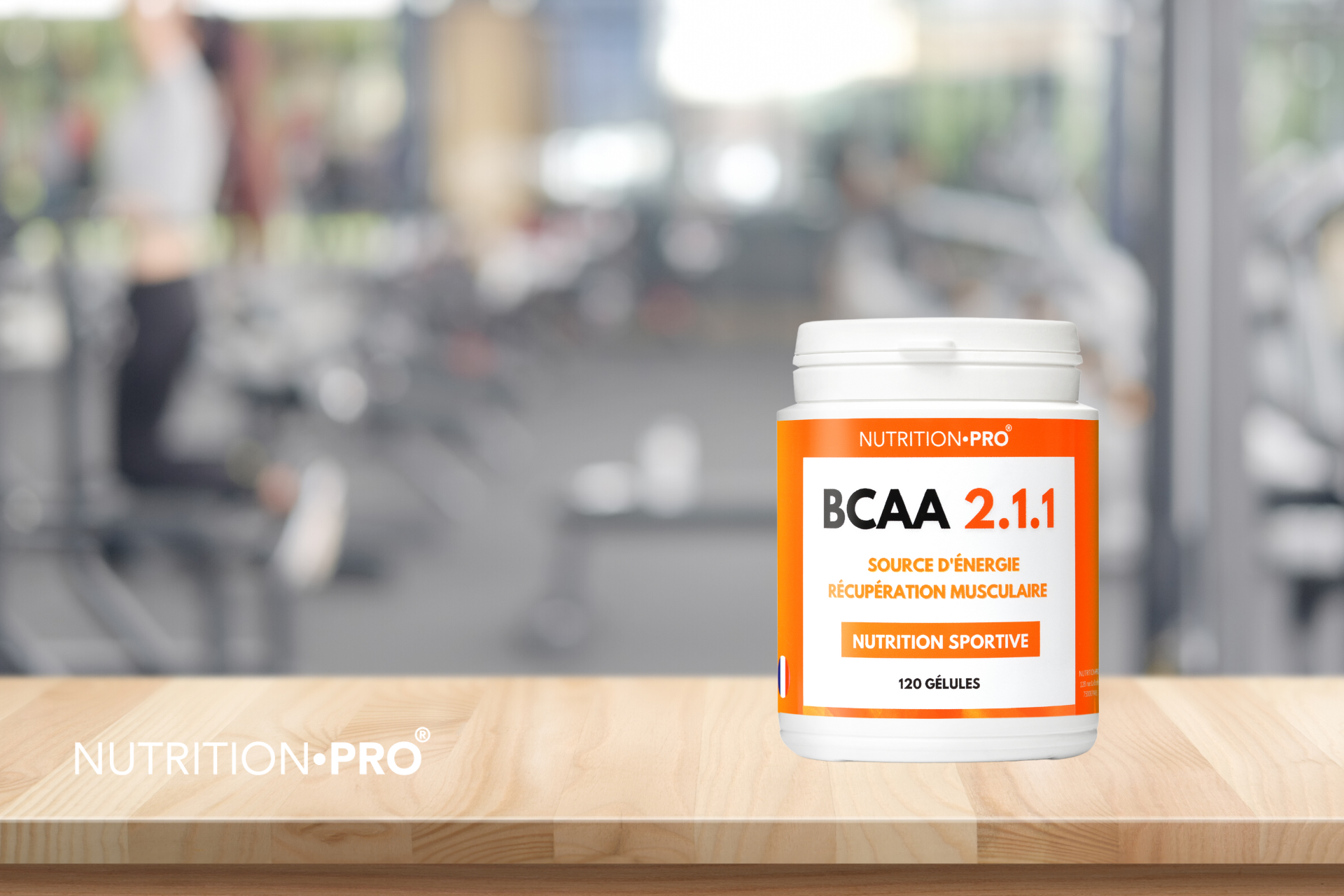Many people are hungry even after eating.
But why ?
Many factors, including your nutrition , hormones, or lifestyle, can explain this common occurrence.
This article explains why you feel hungry after a meal and what you can do about it.

DISCOVER OUR NATURAL APPETITE SUPPRESSANT BY CLICKING HERE
Why are we still hungry after a meal?
There are several reasons why some people feel hungry after eating, we have listed the most common ones below. :
1. The composition of the meals
For starters, it could be down to the nutritional makeup of your meal, a balanced diet is paramount.
To effectively reduce your appetite , we recommend taking our konjac supplement 30 minutes before your meals, a natural and very effective solution.
Good to know, meals that contain a higher proportion of protein tend to induce greater feelings of satiety than meals with a higher proportion of carbohydrates or fat—even when their calorie counts are similar .
Numerous studies have shown that high-protein meals (also protein diets) better stimulate the release of satiety hormones .
Also, if your diet is lacking in fiber , you may feel hungry more often and snack more often.
The fiber is a type of carbohydrate that takes longer to digest and can slow the rate of stomach emptying. When digested in your lower digestive tract, it also promotes the release of appetite suppressant hormones .
Protein-rich foods include meats, such as chicken breast, lean beef, turkey, and shrimp. Meanwhile, fiber-rich foods include fruits, vegetables, nuts, seeds, and grains.
If you find yourself feeling hungry after a meal and you notice that your meals tend to lack protein and fiber, try changing your eating habits and incorporating more foods high in protein, fiber, and starches . for sufficient intake in your diet.
2. Following a very restrictive diet
Most overweight people in today's society choose to follow different diets to achieve weight loss and multiple fitness goals .
The most common reason most people go on diets is to lose weight . However, the biggest mistake most dieters make is following a very restrictive or low-calorie diet to lose weight.
As we all know by now, weight loss involves consuming fewer calories than your body burns. However, that doesn't mean you should restrict your calorie intake to the point of feeling hungry even after eating .
When this happens, your body is forced to release the hunger hormone, ghrelin. Ghrelin is released whenever your body wants more food. If you have too much of this hormone in your body, it means you will continue to eat even though you just ate .
3. Dehydration
Dehydration can be mistaken for hunger, which causes most people to eat constantly, even after eating. When it becomes a trend, you end up feeling hungry even though you had your meals moments or minutes ago.
It is for this reason that it is always advisable to hydrate yourself whenever you feel hungry. After drinking water, wait thirty minutes before eating. In most cases, hunger will subside if it was dehydration.
4. Extendable Receivers
Aside from meal composition, your stomach has stretch receptors that play a key role in promoting feelings of fullness during and immediately after a meal .
Stretch receptors detect how much your stomach expands during a meal and send signals directly to your brain to induce feelings of fullness and reduce your appetite .
These stretch receptors do not depend on the nutritional composition of food. Instead, they rely on the total volume of the meal .
However, the feelings of satiety elicited by the stretch receptors do not last long. So while they may help you eat less during a meal and soon after, they don't promote long-term feelings of fullness .
If you don't feel full during or immediately after a meal, try incorporating more high-volume, low-calorie foods .
These foods, like most fresh vegetables, fruits, popcorn, shrimp, chicken breast and turkey, tend to have a higher content air or in water. Additionally, drinking water before or during meals adds bulk to the meal and may further promote satiety .
Although many of these high-calorie and low-calorie foods promote immediate and short-term satiety through stretch receptors, they tend to be high in protein or fiber, both of which promote satiety. feeling full long after by stimulating the release of satiety hormones.
5. Leptin Resistance
In some cases, hormonal issues may explain why some people feel hungry after eating .
Leptin is the main hormone that signals feelings of fullness to your brain. It is made by fat cells, so its blood level tends to increase in people who have more body fat.
However, the problem is that sometimes leptin doesn't work as well as it should in the brain, especially in some obese people. This is commonly called leptin resistance .
This means that although there's a lot of leptin in the blood, your brain doesn't recognize it as well and continues to think you're hungry — even after a meal .
Although leptin resistance is a complex issue, research suggests that engaging in regular physical activity, reducing sugar intake, increasing fiber intake, and getting enough sleep can help reduce leptin resistance .
6. Being distracted while eating
Research suggests that people who eat distractedly feel less full and have a greater desire to eat throughout the day .
If you usually eat distractedly, try practicing mindfulness to better recognize your body's signals.
7. Eating too fast
Recent studies suggest that fast eaters tend to feel less full than slow eaters due to a lack of chewing and awareness, which are linked to feelings of fullness .
If you are a fast eater, try chewing your food more thoroughly to change your eating behavior and avoid snacking throughout the day.
8. Feeling stressed
Stress increases the hormone cortisol, which can promote hunger and food cravings.
This stress hormone triggers hunger signals to rebuild your fat stores.
If you find that you are often stressed, try supplementing with magnesium and incorporating yoga or meditation into your weekly routine.
9. Get plenty of exercise
People who exercise a lot generally have more appetite and a faster metabolism.
Especially when it comes to intense sessions that require the rapid exhaustion of all stocks of sugars contained in the muscles and in the blood.
If you exercise a lot, you may need to eat more food to fuel your workouts.
10. Lack of sleep
Fatigue generally causes food cravings to compensate for this state of decline.
Getting enough sleep is essential for regulating hormones, such as ghrelin, levels of which tend to be higher in sleep-deprived people.
Try setting a healthy sleep routine or limiting blue light exposure at night to get enough sleep.
11. Not eating enough
In some situations, you may feel hungry after eating simply because you haven't eaten enough during the day.
In addition, the feeling of satiety not being present, the desire to eat could tempt you several times.
You can add a healthy snack 2-3 hours after each meal to prevent cravings during your day.
12. High blood sugar and insulin resistance
High blood sugar and insulin resistance can significantly increase your hunger.
13. Boredom
Some people may confuse boredom with hunger, which leads them to eat more.
When you are bored, a void sets in. It often happens that you want to fill this void with food unconsciously.
A 2015 study found that being bored can make a person seek out rewarding behavior, like eating.
14. Alcohol consumption
Indeed, alcohol makes you hungry. Alcohol raises blood sugar, blood sugar levels. After a rise, blood sugar drops, which very often causes cravings and a feeling of hunger.
A study suggests that the link between alcohol and overeating may be due to alcohol's effect on hunger signals in the brain.
In a study involving 35 women, researchers reported that drinking alcohol before a meal made participants more sensitive to food flavorings and caused them to eat more.
The main thing to remember
Often have that famous feeling of hunger is a common problem for many people around the world.
It is often the result of an inadequate diet that lacks protein or fiber. However, it could be due to hormonal issues, such as leptin resistance, or your daily lifestyle.
If you often feel hungry after eating, try implementing some of the evidence-based suggestions above to reduce your appetite .















